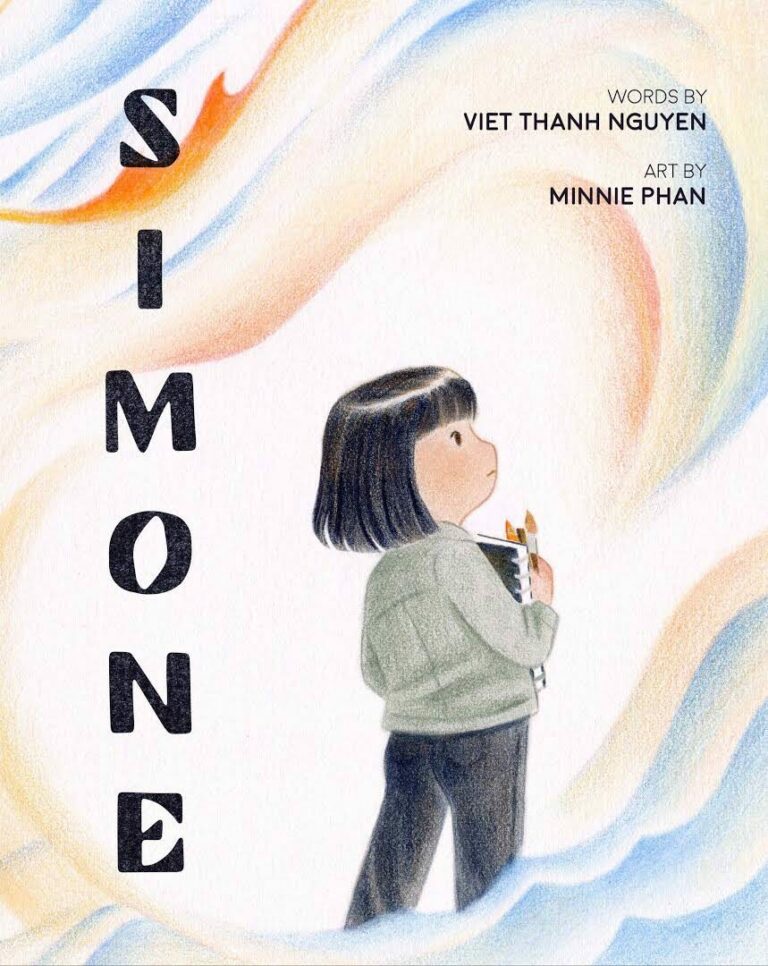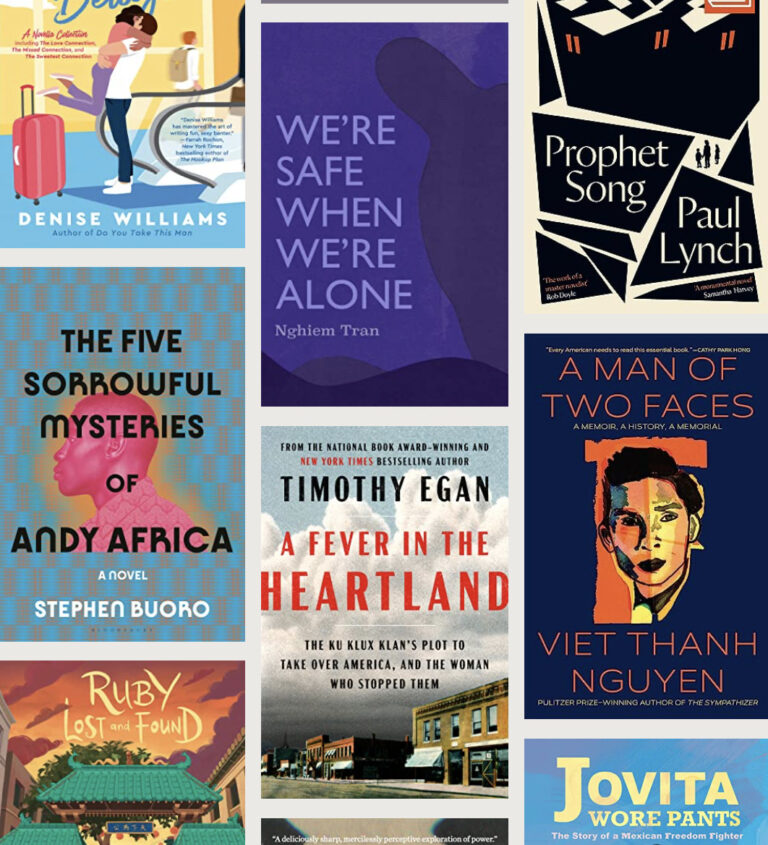Steven W. Beattie reviews Viet Thanh Nguyen’s The Refugees. Originally published on The Globe and Mail.

***
Fiction and history share a symbiotic relationship. Though the latter provides the raw material for the former, it is often fiction that has the stronger claim on truth, if “truth” is to be understood as emotional or affective, as opposed to baldly factual. Fiction, by definition, traffics in “alternative facts,” and is transformative; by approaching history through the prism of story and technique, the fiction writer is paradoxically able to access deeper wells of understanding about our relationships to the world and to each other.
In Viet Thanh Nguyen’s Pulitzer Prize-winning debut novel, The Sympathizer, the unnamed protagonist gets a job as a technical adviser to a haughty filmmaker who is shooting a movie about the Vietnam War. The scenario allows the author plenty of latitude to comment on Hollywood’s – and by extension, the United States’ – prejudiced and stereotypical attitudes toward Asians and Asian culture, and to illustrate the ways in which this racist mindset underpinned the country’s ill-fated military involvement in a region and a conflict it did not understand.
The author returns to the subject in The Americans, one of eight stories in a new collection focusing on dislocation and identity among characters who frequently straddle two different worlds. The Americans centres on Carver, a former B-52 bomber pilot who returns to Vietnam with his Japanese wife to visit their daughter, Claire, and her boyfriend, Legaspi. Prior to this visit, Carver “knew next to nothing” about Vietnam “except what it looked like at forty-thousand feet.” His return visit, at 69, offers Carver a different perspective on the country; separated from his perch in the U.S. bomber’s cockpit, the landscape appears much less verdant and lush, and the destitution of its citizenry is on easy display.
The scenario is somewhat less didactic than that of the sympathizer’s relationship with the megalomaniac filmmaker; here, Nguyen is less prone to lecture his readers on matters of cultural appropriation and insensitivity, and more willing to allow these things to develop organically out of the character and his situation. “Almost everything looked more beautiful from a distance,” Carver thinks, whereas on the ground “the poverty was neither picturesque nor pastoral.”
Nguyen flirts here with the novel’s hectoring tone, though the short-story form constrains the author’s worst impulses in this regard. Much more subtle is the unspoken commentary about the ex-pilot’s mixed family: Carver is black, his wife, Michiko, is Japanese, and their daughter’s boyfriend is a man of “Asian appearance” whose uncommon surname was “bestowed on him by his adoptive parents.” Carver’s ethnic heritage goes largely unmentioned, save for one throwaway comment on his part during a family game of racial one-upmanship (“Try being a black man in Japan,” Carver says ruefully); the unspoken subtext here involves an American war machine that was more than happy to employ its black citizens as cannon-fodder for a conflict that was driven as much by racist imperial impulses as by a desire to stamp out communism.
It is unsurprising that Nguyen, himself an American immigrant from Vietnam, would return so assiduously to the subject of the war, or to the notion of the United States as a place of contradiction and shifting allegiance regarding other cultures and races. The Americans could easily serve as an alternative – and highly ironic – title for Nguyen’s collection. So, too, could the title of another story, The Transplant, which features a protagonist of Portuguese descent who tries to track down the family of the man who supplied him with a new liver. The story’s themes of artificiality, mutable identity and falsehood run throughout the entire collection, which was composed before The Sympathizer was published, and is imbued with a new relevance that even the author would likely not have anticipated while he was writing.
American writer Jim Shepard addresses history more directly than Nguyen, but pays similar attention to the people history ignores or passes over in its relentless march forward. Shepard is not a proponent of the “great man” theory of history; his interest is much more focused on the innumerable little men and women who get swept up by the larger events around them – quite literally, in the case of Safety Tips for Living Alone, the harrowing story that opens the author’s fifth collection of short fiction. The story focuses on a group of engineers working Texas Tower No. 4, one of a series of U.S. Air Force radar stations constructed as early warning beacons in the case of a Russian attack during the Cold War. Hubris and the unforgiving weather on the Atlantic Ocean resulted in disaster: A storm at sea, complete with waves that reached 120 feet in height, destroyed the radar tower, killing all 28 men aboard it.
Shepard’s technique is to place his reader on the doomed rig alongside the quartet of men who serve as his principal cast; as the storm batters the tower, the men – cognizant of the futility of their situation – try to make final contact with their wives on the mainland. The sense of claustrophobia and impending catastrophe is agonizing. By constructing his story this way, Shepard puts a recognizable human face to what has become the worst peacetime disaster in the history of the U.S. Air Force.
Storms bookend The World to Come – the final entry, Intimacy, includes a storm that batters the protagonists, homesteaders in Australia in the 1800s. Elsewhere in the collection, a Minoan father and son on the Greek island of Crete try to outrun a volcanic eruption that they know will kill them, and an explorer aboard the HMS Terror maintains a journal of his crew’s demise and the lengths some will go in order to stay alive. Humanity’s smallness and fragility in the face of brute nature is a recurring theme throughout this collection; the frequent consequence of a vain attempt to tame nature is a recognition of a character’s own incipient demise. This makes An Ocean of Air, about the French brothers Jacques-Étienne and Joseph-Michel Montgolfier, signal figures in the early stages of modern aviation, feel markedly optimistic and light in context.
As in his previous collections, Shepard allows his imagination to run wild throughout The World to Come; whereas the eight stories in The Refugees are tightly integrated by similarities in theme and subject, one of the great pleasures of reading Shepard’s book is never knowing from one story to the next where the author is going to allow his roving attention to settle. Each of these books provides an engagement with history and the individuals who get caught up in it and each, in its own way, offers a perspective that is contingent to the conventional approaches and understanding of our shared experience.
Steven W. Beattie is reviews editor at Quill & Quire and writes a monthly column on short stories for The Globe and Mail.


